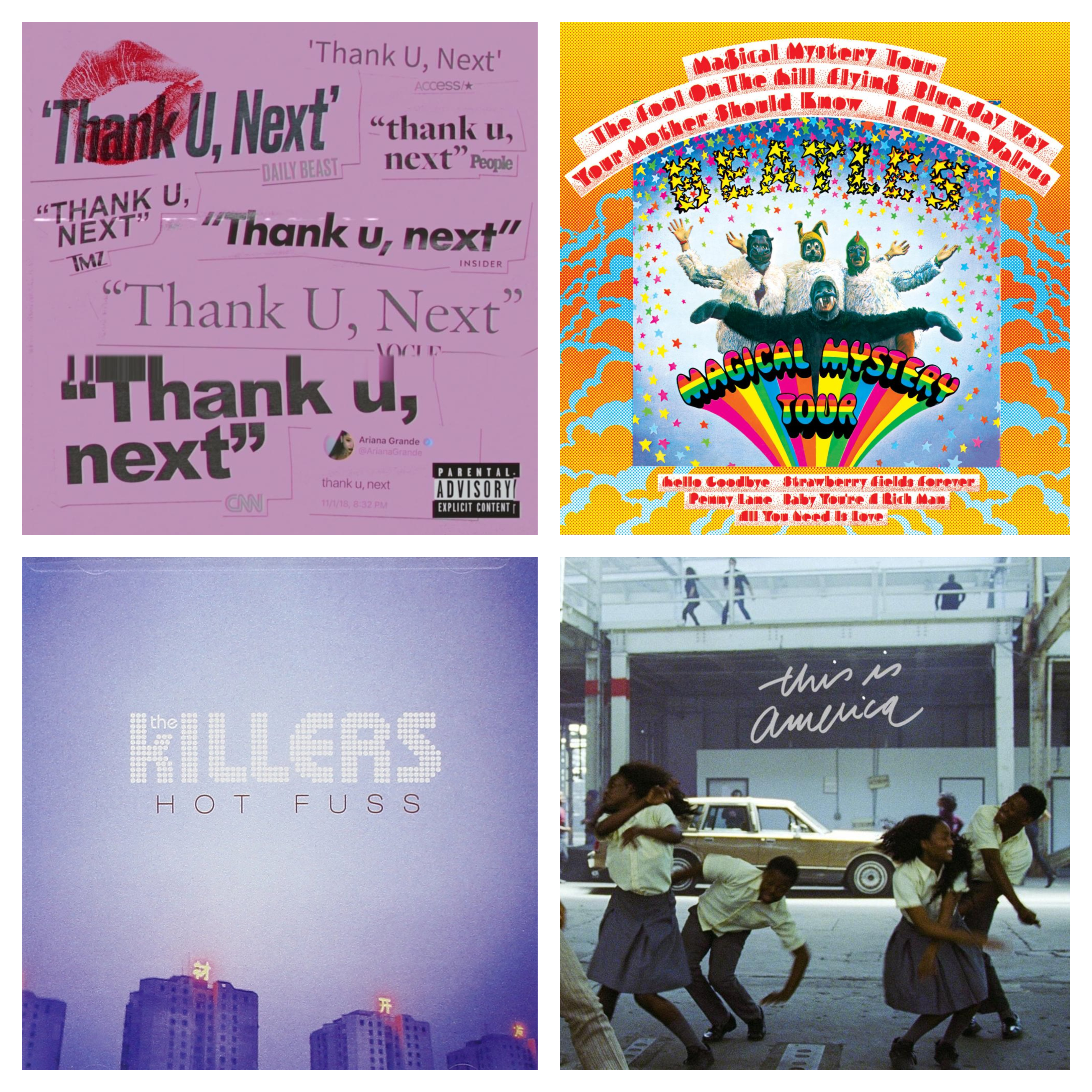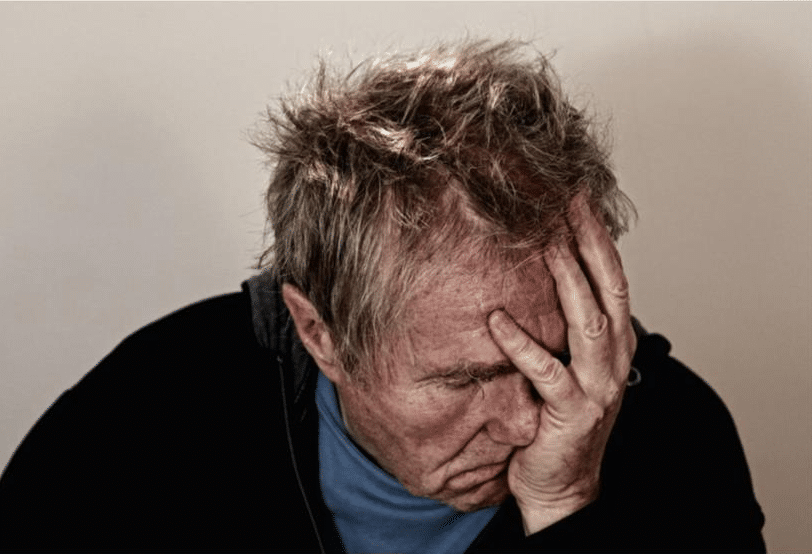By Kerry Hayes | Staff Writer
By this point in time, almost everyone who tunes into any media outlet should know the name Harvey Weinstein. You may know him as an iconic American film producer and film executive. You may have seen his name attached to a number of renowned pieces of film including Gangs of New York (2002), Playing for Keeps (1986), or Pulp Fiction (1994). You also may recognize his name from the list of Academy Award winners for his production of Shakespeare in Love, or the list of Tony Award winners for his production of Billy Elliot the Musical. Aside from an impressive resume and acknowledgements beyond belief, though, you might also know the name Harvey Weinstein for the number of sexual harassment, sexual assault, and rape allegations against him.
Just in case you didn’t, here’s what you need to know: On October 5th, The New York Times published an exposé on one of Hollywood’s once-most respected men, Harvey Weinstein. Women detailed how Weinstein and his company have allegedly been sexually harassing females in the entertainment industry for years. Later that week, The New Yorker dove deeper into the story, with more women alleging sexual harassment, intimidation, and sexual assault against Weinstein. Among the 29 women who alleged sexual harassment, some A-list victims included Angelina Jolie, Gwyneth Paltrow, Ashley Judd, and Asia Argento. The accounts of sexual misconduct go as far back at 1984, but continue well into 2017.
According to Rolling Stone magazine, Weinstein’s actions described by the women revealed a disturbing pattern of events: “He invited a younger woman to his hotel room or apartment on a professional pretense, appears in a bathrobe or completely undressed, and requests a massage and/or sexual favors, either implicitly or explicitly offering the exchange for career advancement.”
The same day that The New York Times article was published, Weinstein released a statement in response to his treatment of women in Hollywood. The response suggested Weinstein’s remorse, his will to “do better,” and a misquoting of Jay Z. Above all, the response began, “I came of age in the ’60s and ’70s, when all the rules about behavior and workplaces were different. That was the culture then.” Let me just clear that statement up for all you readers at home: rape, sexual assault, sexual harassment, and extortion have never and will never be a part of the acceptable culture. What has been the culture, is letting those in an authority or powerful position get away with their crimes because of their status, wealth, and influence in the world. And that is something that needed to change a long time ago.
Following the allegations, Weinstein was expelled from the Academy of Motion Picture Arts and Sciences and fired from The Weinstein Company. But sexual assault and harassment is nothing new to Hollywood; Bill Cosby, Roman Polanski, the current president of our United States, and so many others have had allegations against them, faced minimal punishment, and their stories were all swept away within years if not months. Sexual assault and harassment is nothing new to corporate settings, or academic settings, at all. There are too may instances where those abusers in an authority position get a slap on the wrist while the victims are left afraid, and traumatized, and often ostracized.
An article by The New York Times described how Weinstein, “enforced a code of silence; employees of the Weinstein Company have contracts saying they will not criticize it or its leaders in a way that could harm its ‘business reputation’ or ‘any employee’s personal reputation’…and most of the women accepting payouts agreed to confidentiality clauses prohibiting them from speaking about the deals or even the events that lead to them.” Weinstein’s fame, fortune, and power has masked his heinous crimes and enabled his history of sexual misconduct for decades. The New York Times interviewed Mark Gill, a former president of Miramax Los Angeles, who commented on the case saying, “From the outside, it seemed golden…but behind the scenes, it was a mess, and this was the biggest mess of all.” Gill is not the only of Weinstein’s current and former employees to come forward and comment on Weinstein’s treatment of the women he worked with. In fact, dozens have said that they knew of his inappropriate conduct, while only some ever confronted him.
As the news broke about this mega-star and his sexual misconduct, the world was shook. Well, not the entire world… According to statistics by The National Sexual Violence Resource Center, 91% of rape and sexual assault victims are female, while 9% are male. Without disregarding male victims and the seriousness of those cases, it is safe to say that this is an issue that affects mostly women. I can only speak for some women, when I say that we were not surprised at all. We were not surprised because we deal with this every single day. Everyday, women know what it is like to have men in a powerful position take advantage of you and get away with it. Everyday, women know what it is like to see and acknowledge an issue with that power, and have it swept under the rug. And everyday, women live in fear of speaking out against the harm that had been done to them because of fear of retaliation, fear of personal damage, or fear that no one will care or that no one will believe them.
When our current president of the United States was accused on numerous accounts of sexual misconduct, the world let it go. When one of Hollywood’s most well-known producers was accused on numerous accounts of sexual misconduct, no one said anything for years. When statistics from RAINN (Rape, Abuse, and Incest National Network) estimated that 17.7 million American women have been victims of an attempted or completed rape since 1998, nothing changed. What will it take for the ways in which we view, prosecute, and prevent sexual assault and sexual harassment to change?
A glance into the astounding number of women who know this case too well, was seen on social media only days after the Harvey Weinstein stories broke the news. #MeToo was a social media campaign intended on showing just how many cases of sexual assault and sexual harassment go unheard. On October 15th, actress Alyssa Milano tweeted, “Suggested by a friend: If all the women who have been sexually harassed or assaulted wrote ‘Me Too’ as a status, we might give people a sense of the magnitude of the problem. If you’ve been sexually harassed or assaulted write ‘me too’ as a reply to this tweet.” On twitter alone, #MeToo has been posted more than half a million times; and this number is just a fraction of the women who have been impacted. For every woman who chose to come forward about her experience, there were just as many who did not. For every woman who chose to participate in the campaign, there were likely men who spoke out about their experiences as well. And for every second that Twitter was flooded with stories, every other social media platform was as well.
Sexual assault, sexual harassment, and intimidation in the workplace is not a story about Harvey Weinstein, it is a story about just how far we have let things go. Silence about sexual misconduct comes at a cost, and it is the cost of decades of unheard cases that we are paying right now.














